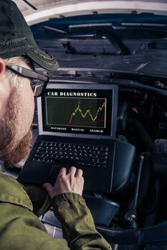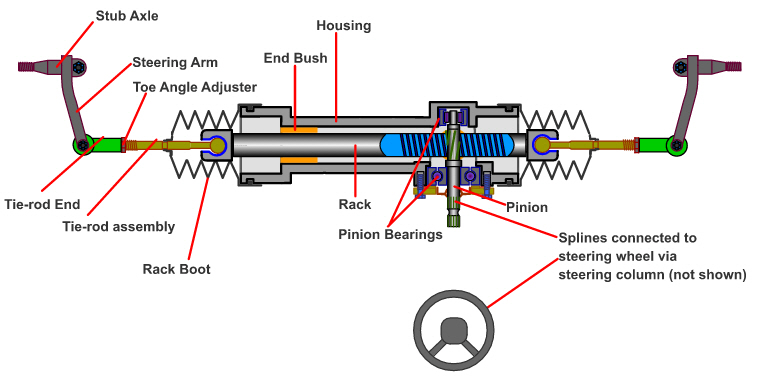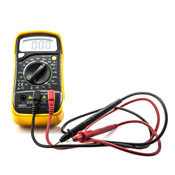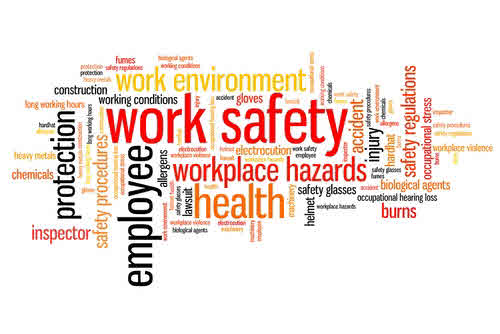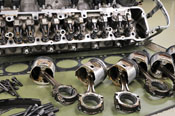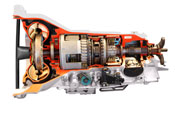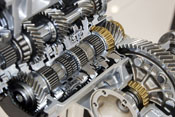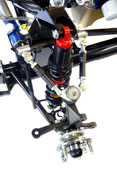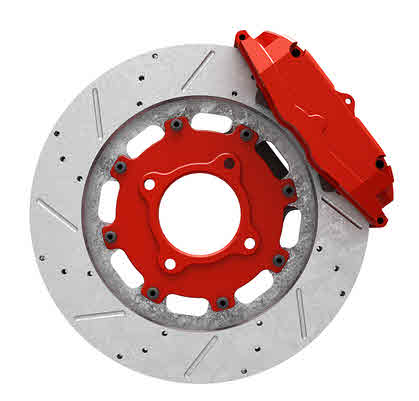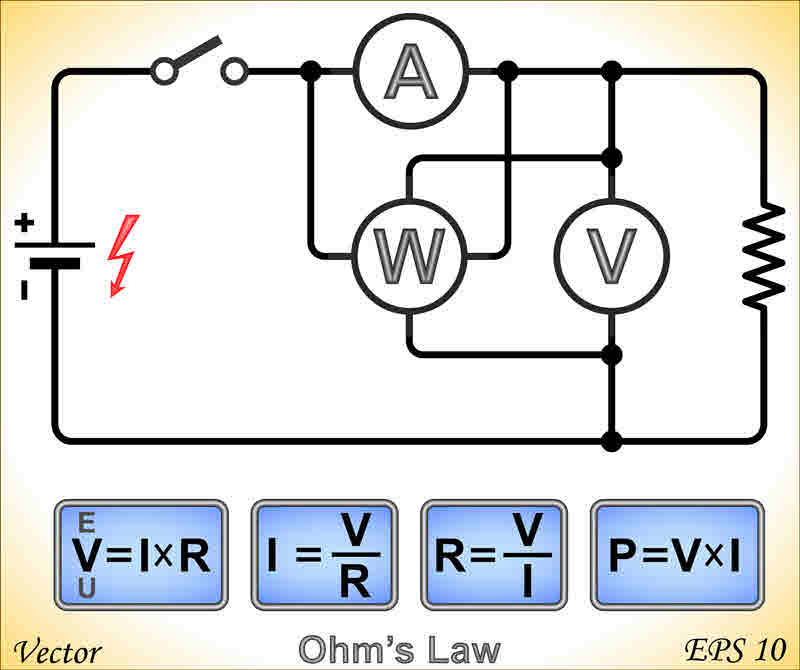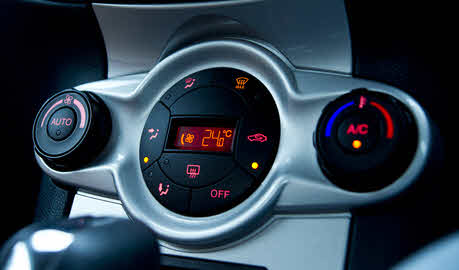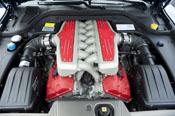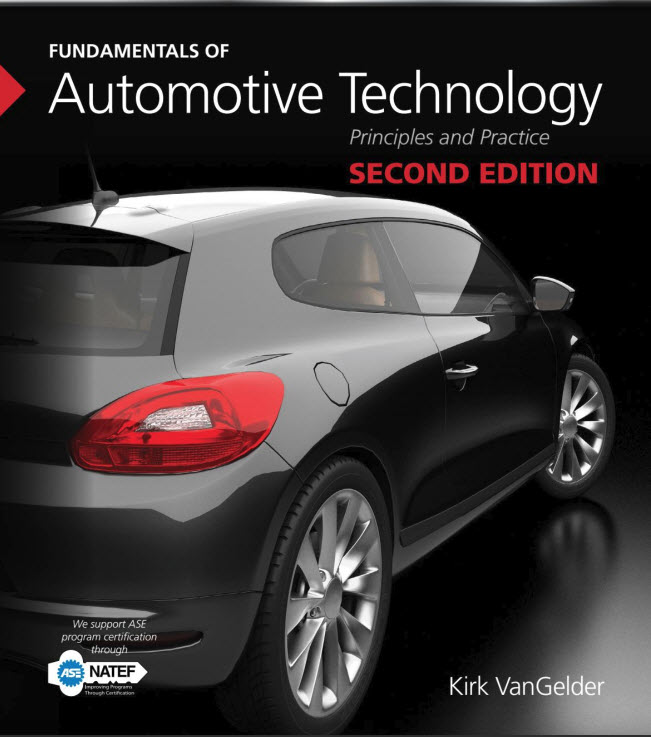
Please be reminded that links to external content are scheduled to stop working in June. Quizzes, tests and grades will continue to work until July. Instructors should contact Dirk.Meyer@cdxlearning.com for information on how to access the replacement site.
Available courses
This is an optional course intended for students wishing to sample automotive technology. The emphasis is on hands-on activities. Students are introduced to safety, tools and equipment, automotive systems and service procedures.
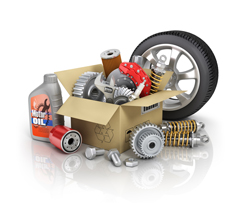
A student wanting to develop skills in the automotive service and repair industry must have knowledge of the basic principles related to automotive systems and service. Students learn safety, tools and equipment, automotive systems and service procedures and are introduced to diagnosis strategies.
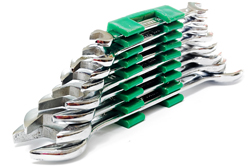
A student wanting to develop skills in the automotive service and repair industry must have knowledge of the basic principles of the internal-combustion engine, the inner workings and relations of the engine components and how those relate to vehicle operation. The student will learn the procedures to service, repair and replace engines and their components.
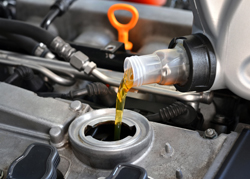
A student wanting to develop skills in the automotive industry must have knowledge of the basic principles of the vehicle chassis and its brake system. The student will be able to describe, diagnose and repair braking, steering, and suspension systems. The student will develop an understanding of the principles of wheel and steering alignment and be able to apply the principles to diagnose and align steering systems.
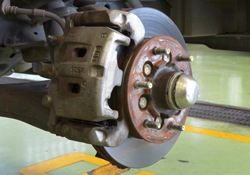
A student wanting to develop skills in the automotive industry must have knowledge of the basic principles of the vehicle drive train. The student will develop an understanding of the different drive train configurations and their components. The student will be able to diagnose and repair a variety of drive train components.

A student wanting to develop skills in the automotive industry must have knowledge of the basic principles of automotive electrical systems. The student will understand the principles of electricity and electronics as it relates to automotive systems. The student will be able to diagnose, service and repair automotive electrical circuits and components.
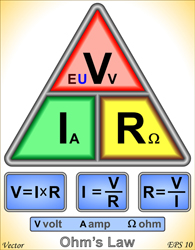
A Student wanting to develop skills in the automotive industry must have knowledge of the opertation of the automotive electronic and control systems. Students' knowledge in electrical systems will be further enhanced by learning about the principles of ignition, control and communications systems. The student will be able to diagnose, service and repair ignition, control, and communications systems.

A student wanting to develop skills in the automotive industry must have knowledge of engine management and emission systems. The student will understand the principles of fuel supply, metering, and vehicle emissions. The student will be able to use electronic diagnostic interface to diagnose, service and repair engine management and emission systems.
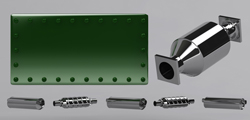
A student wanting to expand skills in the automotive industry must be able to apply diagnostic strategies to a variety of vehicle systems and components. The students will demonstrate the ability to diagnose and correct customer concerns and to complete vehicle repairs to accepted industry standards.
